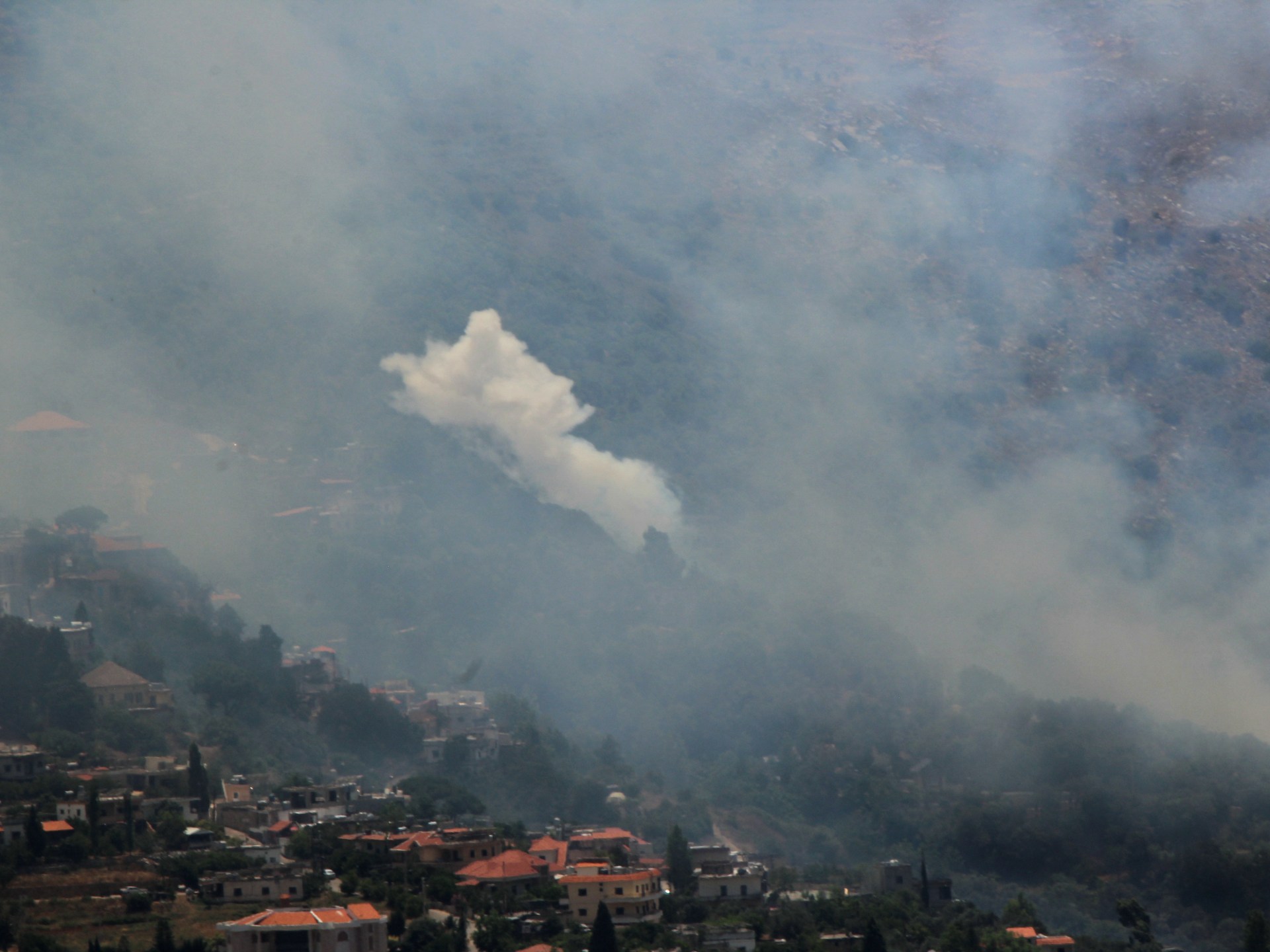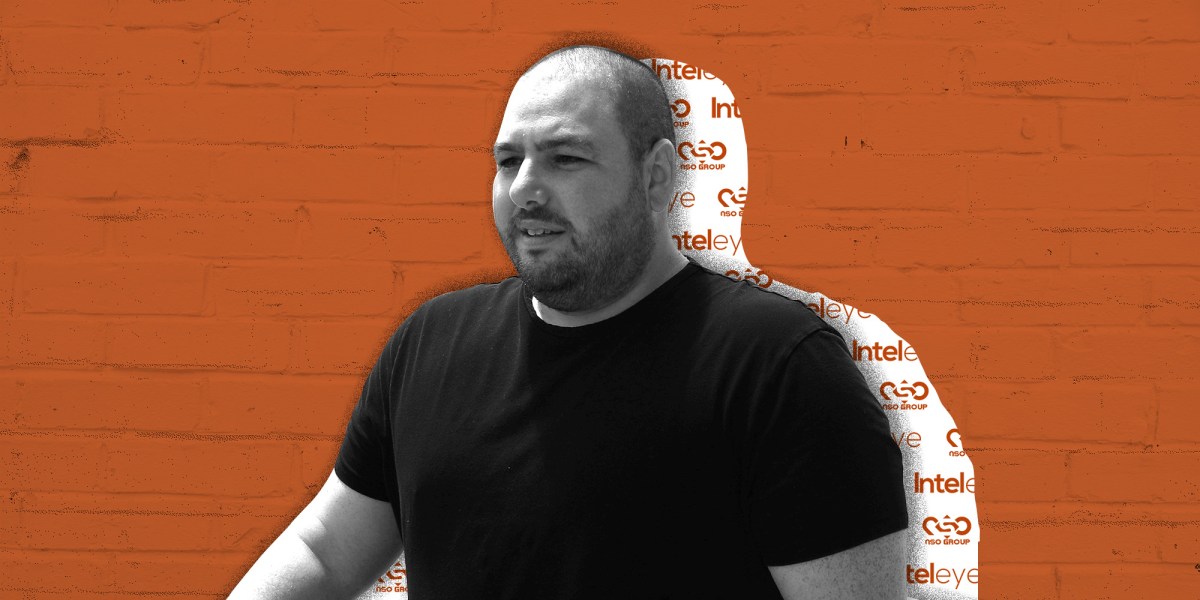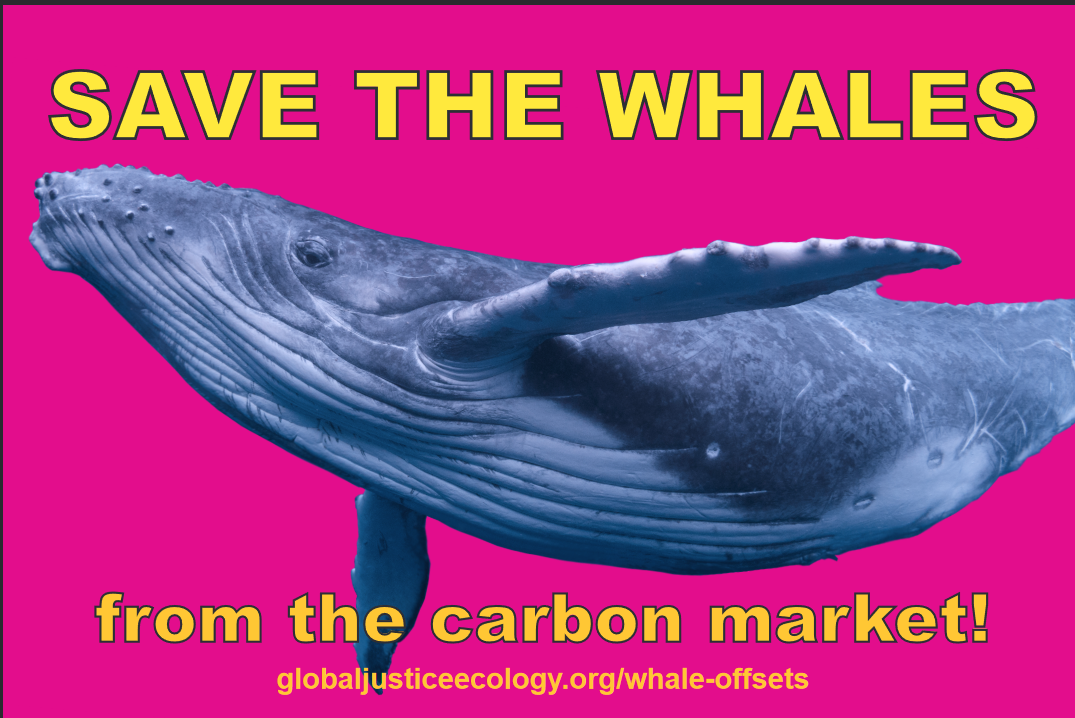

Gallant’s visit came as Israel’s prime minister, Benjamin Netanyahu, repeated his claim that the Biden administration was presiding over a “dramatic drop” in arms shipments to Israel in recent months, a charge that has angered US officials, who have described it as “perplexing”.
What’s that claim of “dramatic drop” in arms shipments?
In the following article I see a dramatic increase. In the budget at least.
U.S. Aid to Israel in Four Charts - Council on Foreign Relations
Since the start of Israel’s war with Hamas on October 7, 2023, the United States has enacted legislation providing at least $12.5 billion in military aid to Israel, which includes $3.8 billion from a bill in March 2024 (in line with the current MOU) and $8.7 billion from a supplemental appropriations act in April 2024.
Am I missing something or Israel bluntly lying again?
[Edit: Within the link above there is another link and the section with the title “What’s paused”. It looks like Biden paused 1 shipment to my understanding]








TIL